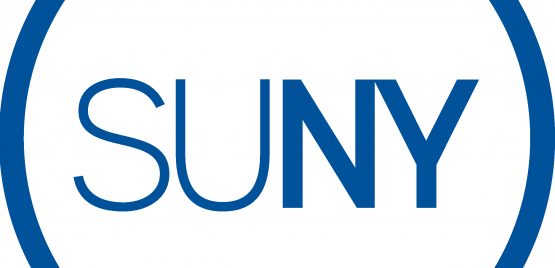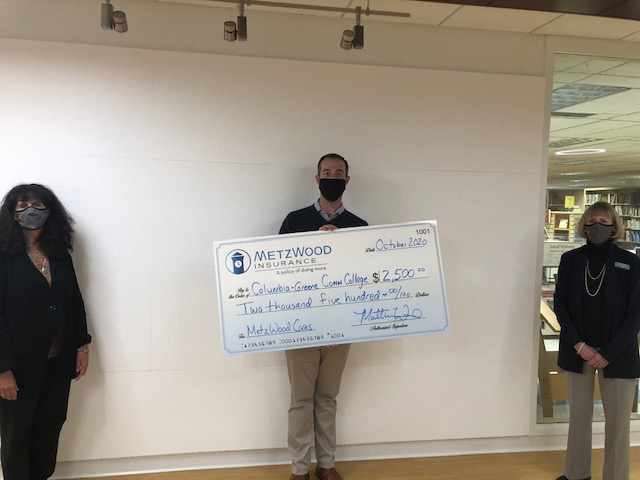State University of New York Chancellor John B. King Jr. yesterday announced $425,000 in seed funding through the Technology Accelerator Fund (TAF) has been distributed to seven SUNY campuses. The grants will fund groundbreaking research opportunities around technologies aiming to treat serious illnesses, safeguard the environment, and strengthen New York’s high-tech electronics industry.
SUNY TAF helps faculty inventors and scientists turn their research into market-ready technologies, targeting critical research—such as feasibility studies, prototyping, and testing—which demonstrate that an idea or innovation has commercial potential. The goal is to increase attractiveness to potential investors. TAF funding is awarded through a competitive process that weighs several factors, including the availability of intellectual property protection, marketability, commercial potential, feasibility, and breadth of impact.
“SUNY faculty are leading the way in cutting-edge research in areas from health to sustainability, and we are proud to facilitate the translation of research at SUNY campuses into real-life solutions scaled to help communities across New York State and our nation,” said SUNY Chancellor King. “We commend the work of our SUNY researchers, especially those awarded TAF grants this year.”
SUNY Board Trustee Courtney Burke said, “We are at a pivotal moment in technological advancements, consistently witnessing the impacts of new technologies like artificial intelligence, quantum computing, clean energy, and medical breakthroughs. SUNY is proud to lead in public research and scholarship, ensuring the Empire State and its people benefit from the impacts of such innovation. I am confident our TAF recipients will use their funding to continue improving our local communities and our people’s lives through their research.”
The TAF funding recipients include:
- Copper-based Conductive Ink Technology for Printed Electronics: Silver inks currently make up 70% of the conductive inks market. University at Buffalo chemist Luis R. De Jesus Baez is advancing a conductive nano-level copper ink that provides a sustainable and cheaper alternative.
- Large-Scale Hydrogen Storage and Separation: Hydrogen poses significant challenges related to efficient storage and on-demand release. Stony Brook University materials scientist Devinder Mahajan created a single system for storage and release of blended hydrogen and methane that operates under near ambient temperature and pressure conditions.
- Novel Antibody Drug Conjugates (ADCs) to Treat Cancer: Most FDA-approved ADCs suffer from dose-limiting side effects. Binghamton University researcher Nathan Tumey discovered a new ADC component that improves the safety and efficacy of ADCs for targeted drug delivery.
- Single-mode Sapphire Fibers for Optics Sensing: Although sapphire is the material of choice for sensing in harsh environments, implementing advanced sensing technology based on sapphire fiber optics is hindered by the lack of an appropriate cladding structure. University at Albany materials scientist Mengbing Huang invented a reliable ion implantation cladding method for sapphire optics fiber.
- siRNA Therapeutic for Breast Cancer: Despite improvements in therapeutic interventions, breast cancer remains a major cause of cancer mortality among women. SUNY Downstate Health Sciences University researchers Henri Tiedge and Valerio Berardi developed a siRNA therapeutic that targets BC200 RNA, a small non-coding RNA demonstrated to be a driver of breast cancer transformation and progression.
- Sensor for Per and Polyfluorinated Alkyl Substances (PFAS): Traditionally, testing water samples for PFAS, also known as “forever chemicals,” requires the samples to be sent to a dedicated lab for analysis. SUNY College of Environmental Science and Forestry researchers Gyu Leem and Chang Geun Yoo created an electrochemical sensing device that allows for direct measurement of PFAS, providing immediate field results.
- ELUCIDATE – Project Communication Platform: Most conventional work applications provide stakeholders with an overwhelming amount of information. SUNY Upstate Medical University information technology experts Mark Zeman and Mary DeGroat created a SaaS web-based project insight platform that includes streamlined tools to ensure the right information reaches the right audience and allow stakeholders to quickly find the status of a project.








Facebook Comments